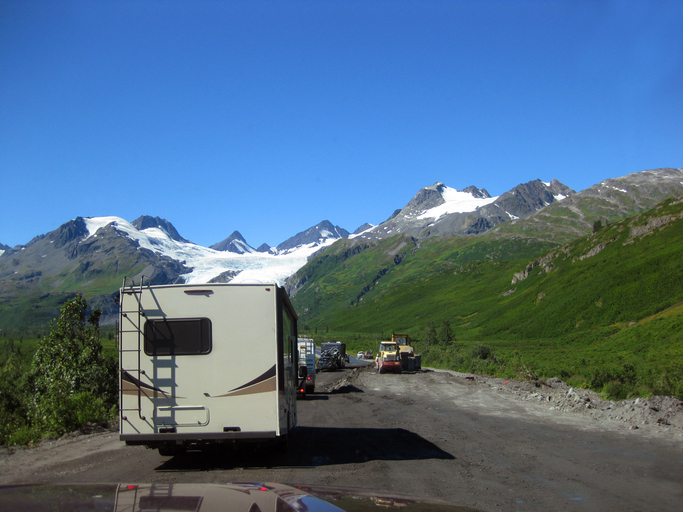Best RV Safety Tips
Contents
RV safety is a very important aspect of life on the road. Knowing what safety measures should be put in place to maintain safe living on the road is key to ensure that you have a successful road trip.
Individuals who are new to RV living might not be aware of all of the measures that they can preemptively take to keep themselves safe and make their journey more enjoyable and convenient.
Continue reading to learn more about Kirkland RV’s best RV safety tips or get in touch with one of our RV enthusiasts with your questions.

Best RV Tips
10 RV security tips for new RVers include:
- Learn how to drive and handle your RV prior to beginning your trip.
- Make sure that you have RV insurance.
- Make your reservations ahead of time.
- Check roads, construction, and potential closures ahead of time to ensure that you don’t run into delays.
- Plan your trip around good weather and check sites like weather.com and NOAA frequently.
- Make checklists to ensure that you don’t forget anything that you’ll need along the way.
- Check your electrical load to ensure that your appliances are able to be used in your particular RV.
- Distribute weight evenly throughout your RV.
- Make sure that you have reliable WiFi for your RV.
- Always approach a turn slowly as going around corners too fast can be very dangerous.
5 RV Safety Accessories
RV accessories that may help keep you safe while on the road include:
- Wall mount fasteners
- Security cameras
- Secure furniture that fastens
- Latches for cupboards and drawers
- RV Vehicle Repair Kit and tools
How Safe Is RV Living?
In general, RVing is extremely safe.
RVers who follow campsite and national park guidelines rarely experience any sort of safety issues.
Potential situations which may be dangerous for RVers are explored more in the following sections.
Remote Camping or Boondocking
It’s when RVers diverge from the beaten path, explore remote areas, or disregard general RVing safety knowledge that things can go amiss.
Especially if RVers are camping in remote areas or boondocking. In situations where they may be unable to get help (should they need it), this is where many RVing mishaps can occur.
Approaching Wildlife
Another potential threat to the safety of RVers is wildlife.
New RVers especially can fail to realize that wildlife is not always safe. While wildlife viewing is beautiful and amazing, RVers should always be aware that approaching wild animals is a bad idea and could turn dangerous.
Poisonous Insects or Snakes
RVers should always be aware of their surroundings and what types of poisonous animals, insects, or snakes are common in the region.
Being prepared should a chance encounter happen with a poisonous snake or insect is essential as RVers spend a lot of time in remote areas far from medical facilities.
Natural Disasters
Another threat to the safety of RVers is natural disasters such as forest fires, flooding, or storms. These are not only a setback, but they are also dangerous as they could result in blocked roads or auto accidents.
Recommended Article: Which RV Smoke Detector Is Good for Your RV?

